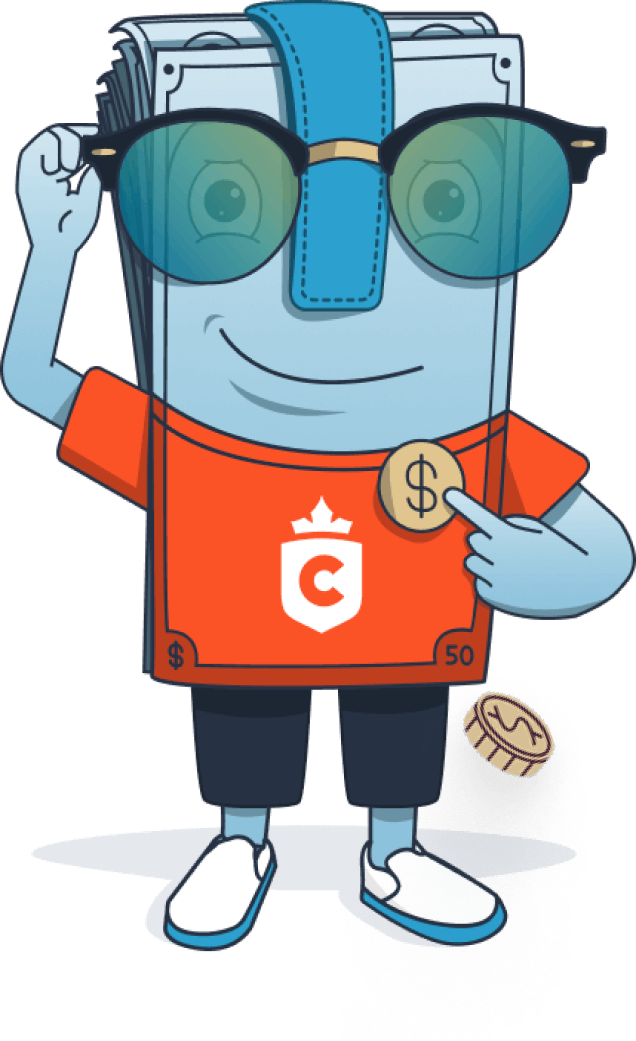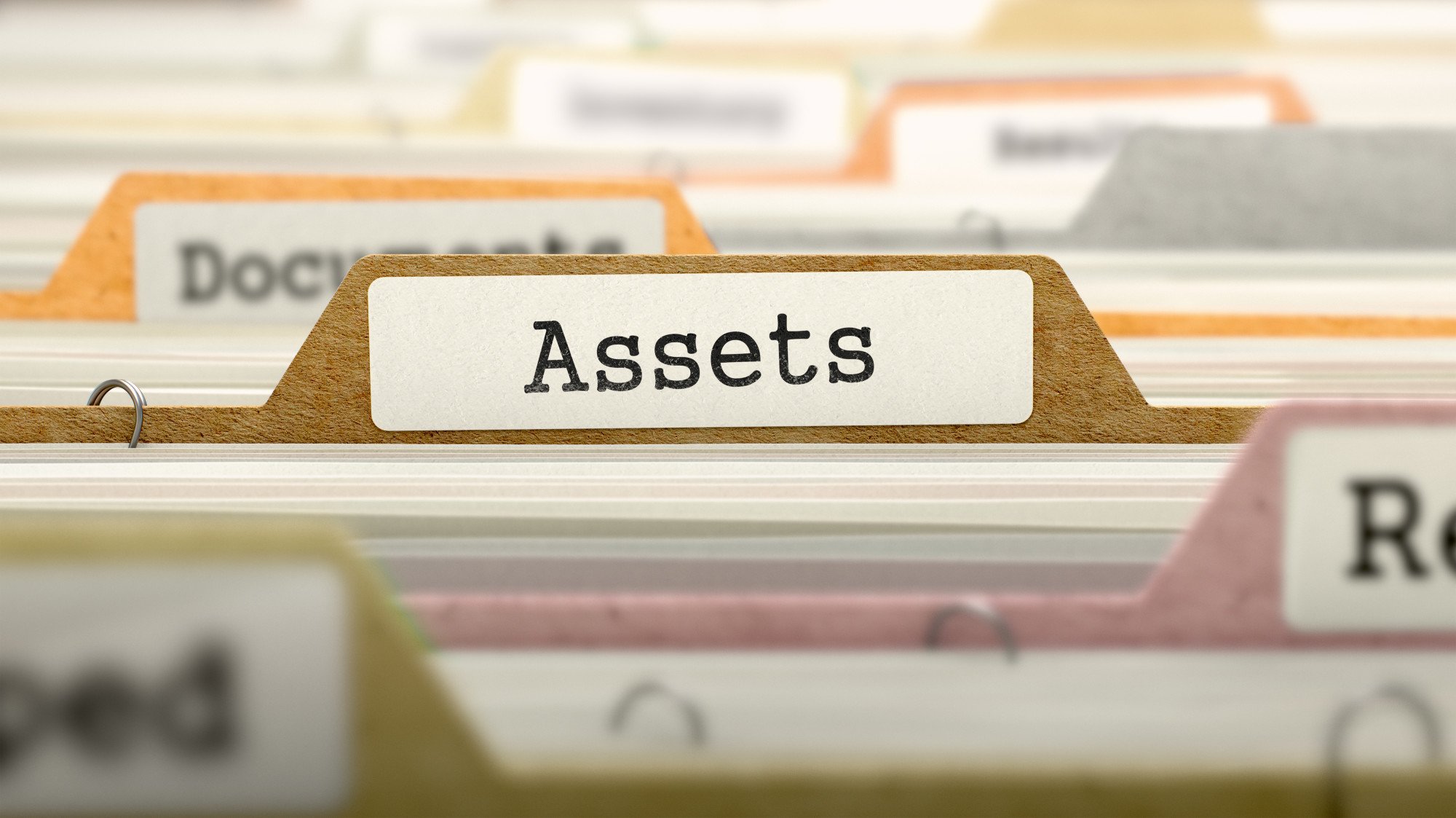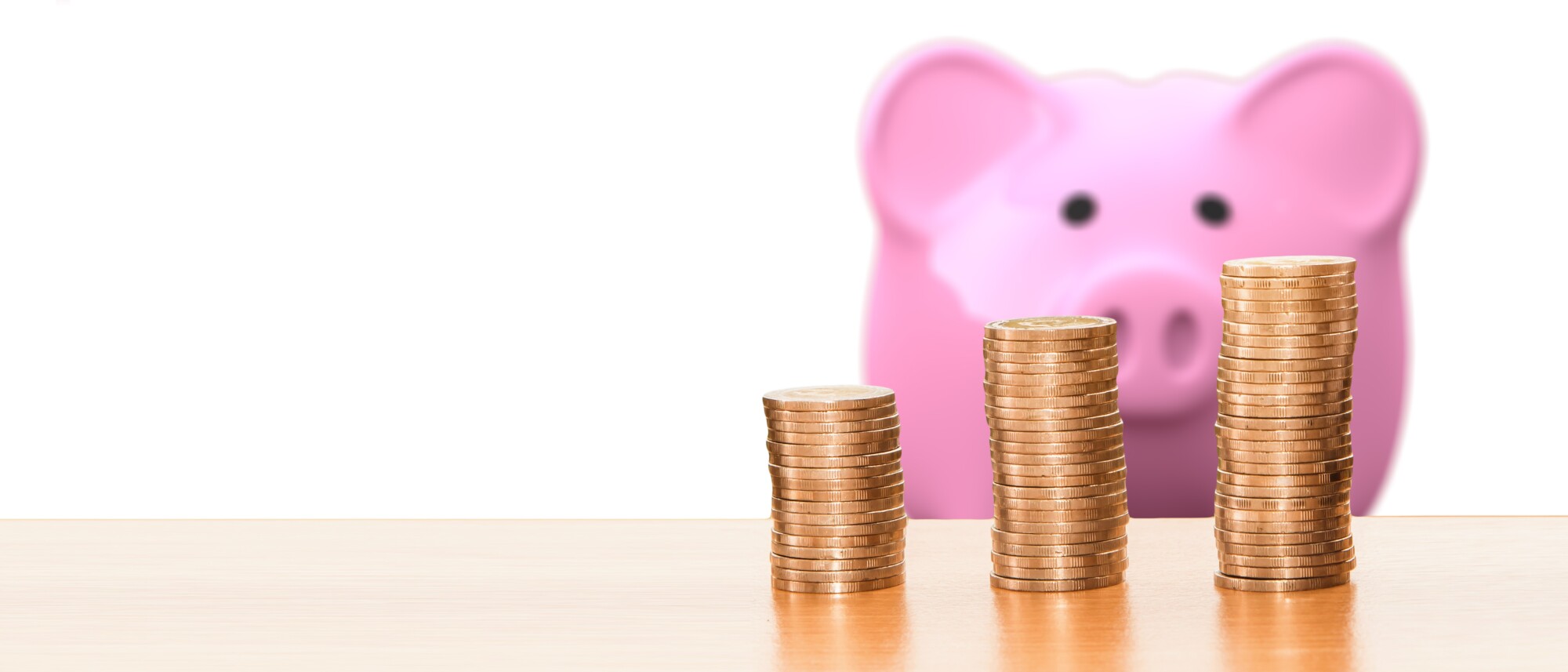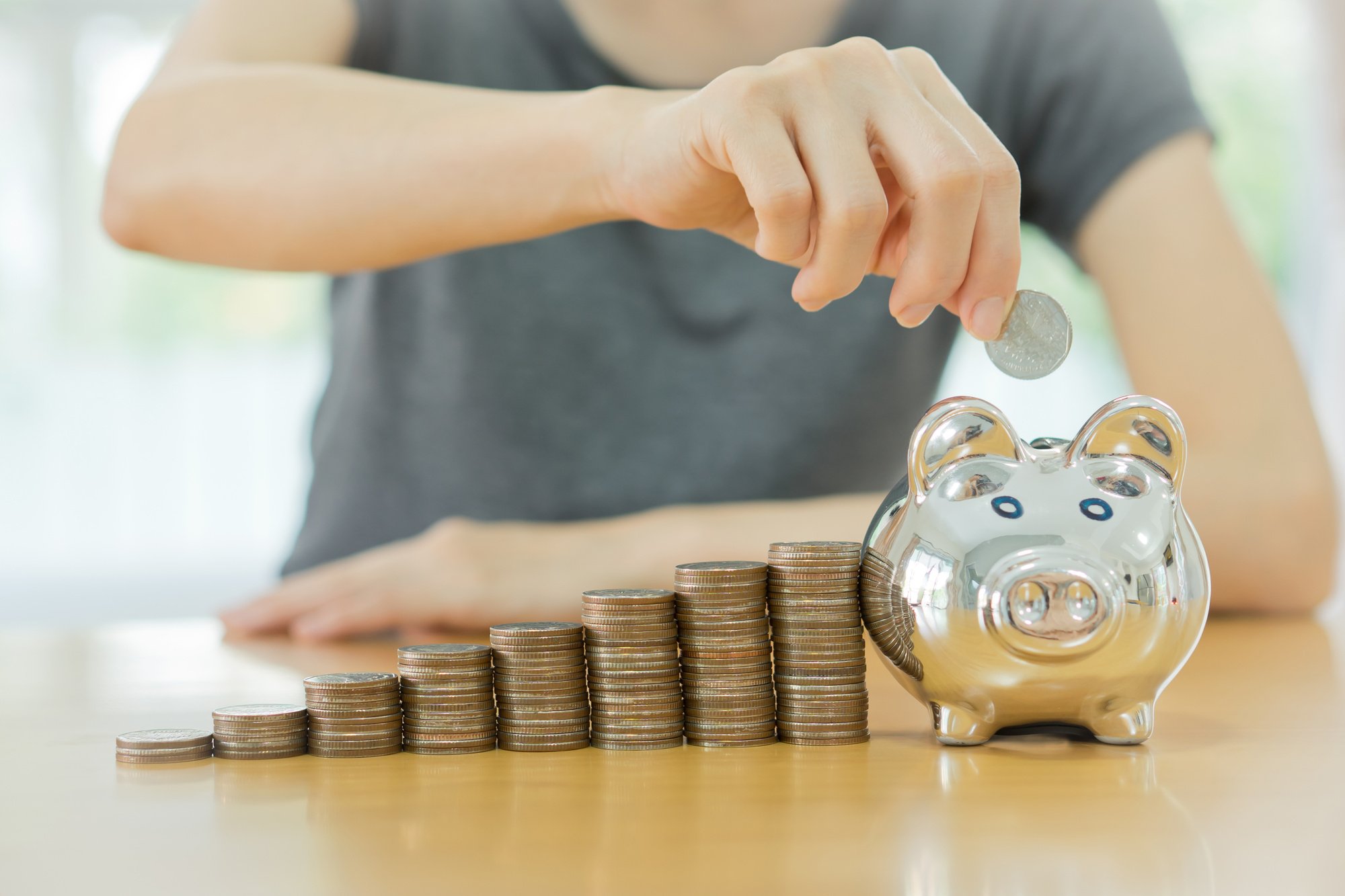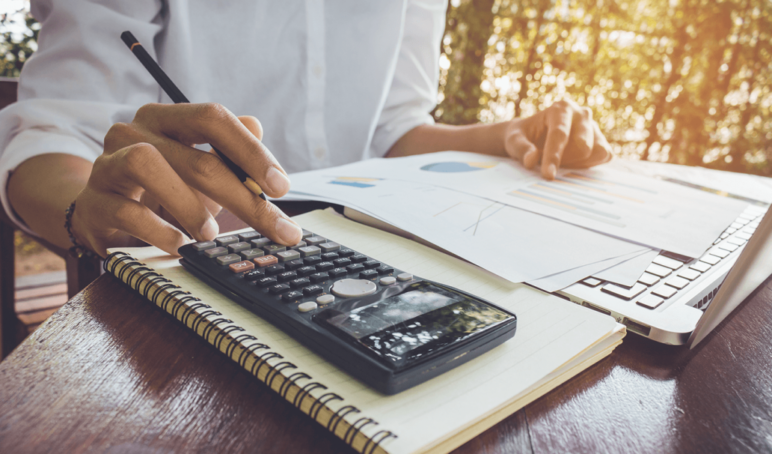
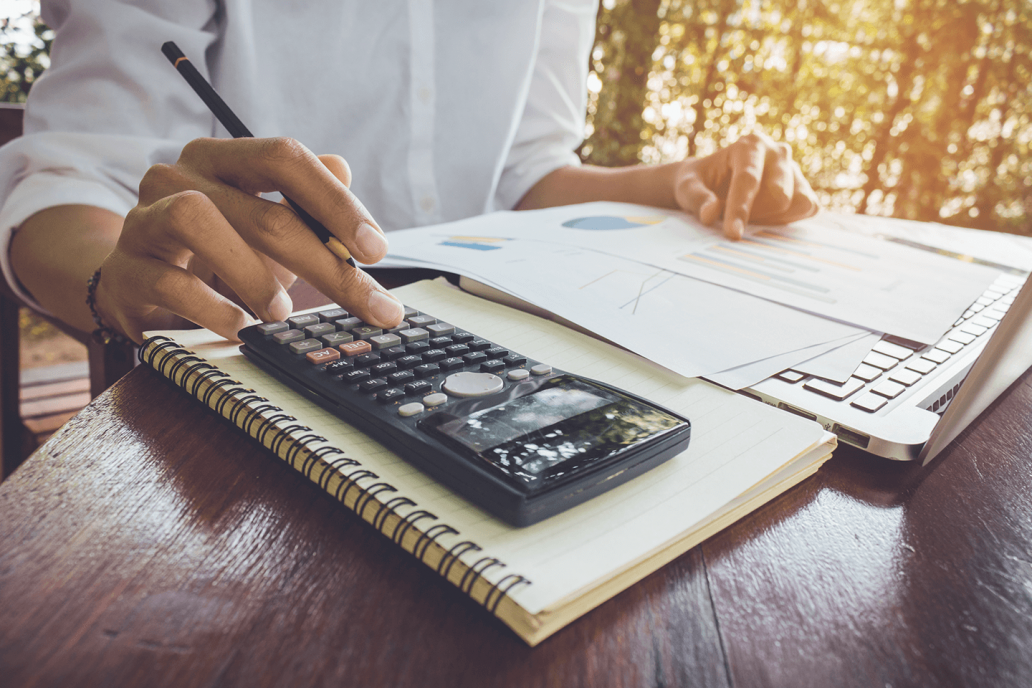
Working just to make ends meet is exhausting and often even depressing. The cost of living is high and continuously on the rise, while salaries rarely keep in stride. Living paycheck to paycheck can leave you feeling less than fulfilled. Thankfully, with a few small changes to your day-to-day finances can turn your situation around. If you are tired of feeling exasperated when it comes to money, try incorporating the ABCs of personal finance.
A IS FOR ANALYZE | Analyze your day-to-day financial habits, both good and bad. There are a few ways to do this without getting overwhelmed and to assure accurate accounting.
- Make a list | In line with the idea of a pros and cons list, make two columns; one for good habits and one for bad habits. For example, putting $10 aside every week to save for a new item of clothing or device is a good habit. In contrast, spending $5 on a coffee every morning is a bad habit. That simple exercise is an excellent way to visualize your financial patterns in general.
- Look at the past three months | You don’t need to go all the way back to last year. A lot can change in a year, unexpected costs can arise, and it’s not an encouraging exercise. Instead, focus on the past three months. Review your banking statements, as well as your credit card transactions. You will have a clear idea of what habits you’ve acquired.
- Use a mobile budget app | Mobile apps are a great help when it comes to outlining your spending and saving habits. While they aren’t always as exact as manually keeping score of every receipt and transaction, they are a phenomenal short cut. You can get a clear idea of where your money goes each month. Mint is a great overall app to get you organized.
B IS FOR BREAK BAD HABITS | Break your bad habits slowly and surely. Going cold turkey, like with any other bad habit, can often make your desire to change harder and decrease your chances of breaking them for good.
- Review your non-essential spending | We mean the real non-essential expenditures, like your daily coffee and croissant, new clothes that you really don’t need, etc. If there are things you clearly see are draining your account, it’s time to cut them out.
- Take it one step at a time | The quickest way to lose traction on a new resolve is to cut out the bad habit cold turkey. Rather than resolve to never buy another coffee again, try making your coffee at home all week and rewarding your efforts with a purchased coffee on Friday mornings. Not only will you be saving $20 on average a week, but you will also enjoy that purchased cup of coffee so much more.
- Make a game of it | Try making it a game, a monthly challenge of breaking bad habits. For example, for the first month, try to reduce eating out to once a week. (If you only eat out once a week, try eliminating it altogether) Incorporate new healthy recipes into your wheelhouse, cook with the family or with friends via video conferencing; make it fun! At the end of the month, see how you did. Was it easier than you expected? How much did you save? Put those savings into a separate account to use in future. Choose to reduce the frequency or eliminate another bad habit in the second month. Challenge your friends to do the same; the loser has to make a funny Tik Tok video or karaoke a song of the winner’s choice.
C IS FOR CONSOLIDATE | Consolidate your debts, large and small, and focus on paying them off. While you may feel torn when it comes to saving money vs. paying off debt, we can assure you the latter deserves your attention first.
- Paying off your debt is a priority | Some feel torn when it comes to paying off debt vs. saving money. While there are good arguments for both, the amount of money you lose on interest is reason enough to focus on debt first.
- Consolidate your debt | Consolidation of your debt not only makes paying it off simpler, with just one amount to pay to one lender a month, it also dramatically reduces the amount of interest you pay. Consult with your personal financial institution and see what solutions they can offer you. Before you accept their offer, shop around to other financial institutions providing consolidation. Once you have the best offers, try negotiating with your bank to receive the same or even a better offer.
- Prioritize your debt according to interest rates | The higher the interest rate, the more money you lose. Start by focusing on the debt with the highest interest rate. While continuing to pay the minimum amount owed on your other debts, put as much as you can on the highest interest rate debt. Once you’ve paid it off, move on to the next highest interest rate debt, continuing the process until you no longer owe any money.
With determination, some good advice, and a positive attitude, you can better your personal finances and enjoy life. Credito is here to help hard-working Canadians through tough times, while they get their finances back on track. If you experience an unexpected expense like a car repair or medical bill, we can help. Our small online loans are simple, quick, and available without a credit check. You can always count on our professional, discreet, and humane service.


